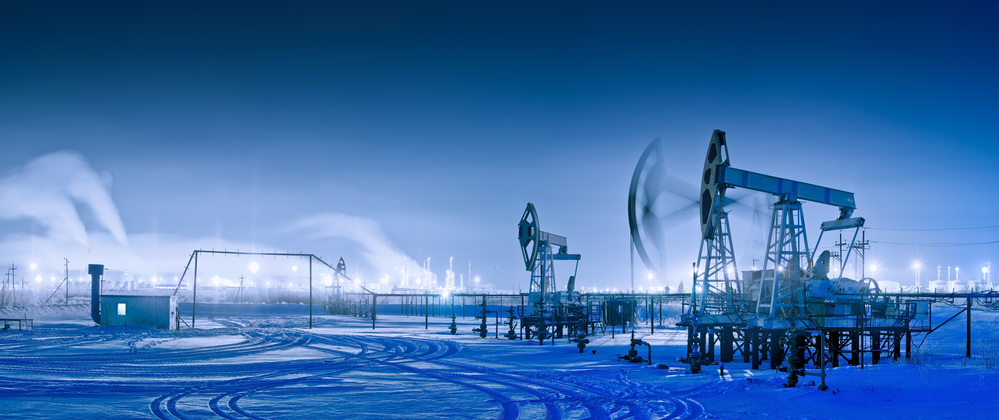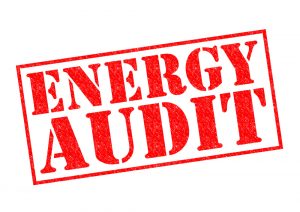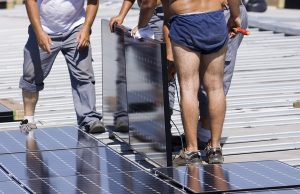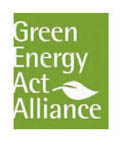The coronavirus pandemic has created a significant worldwide crisis, upending communities and economies across the globe. Facing these unprecedented circumstances, governments are concentrating on halting the spread of the disease while simultaneously revitalizing their economies.

The emergence and rapid spread of COVID-19 have severely impacted every sector, and the energy industry is no exception. While residential electricity use has increased due to shelter-in-place orders and more people working from home, there has been a notable drop in energy demand from many segments of the commercial sector, including the hospitality, travel and entertainment industries, office buildings and universities. At the same time, needs for power have remained consistent or even increased among health care providers, grocery retailers, data centers and e-commerce companies.
What Does COVID-19 Mean for the Energy Industry?
It should come as no surprise that the coronavirus pandemic would strongly affect the energy industry. After all, fuel use and economic activity are inextricably intertwined, and COVID-19 has effectively brought much of the global economy to a standstill.
The implications of the pandemic for energy systems are still coming to light, but three areas in particular stand out:
- Energy security remains a linchpin of the global economy, especially amid uncertain times.
- Reliable energy systems are more vital than ever for modern societies.
- Economic recovery and stimulus plans must specifically focus on clean energy.
Though it’s impossible to predict how this pandemic will finally play out, it’s a certainty that the post-coronavirus world will be dramatically different from the pre-COVID-19 landscape, and it’s likely energy use will be among the areas most affected by the transformations underway.











